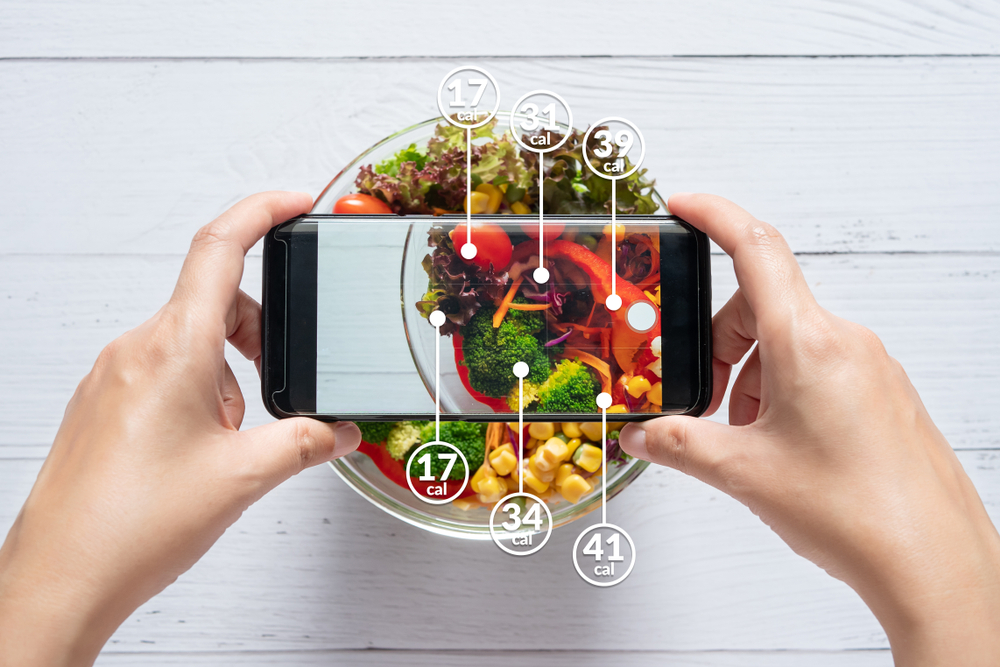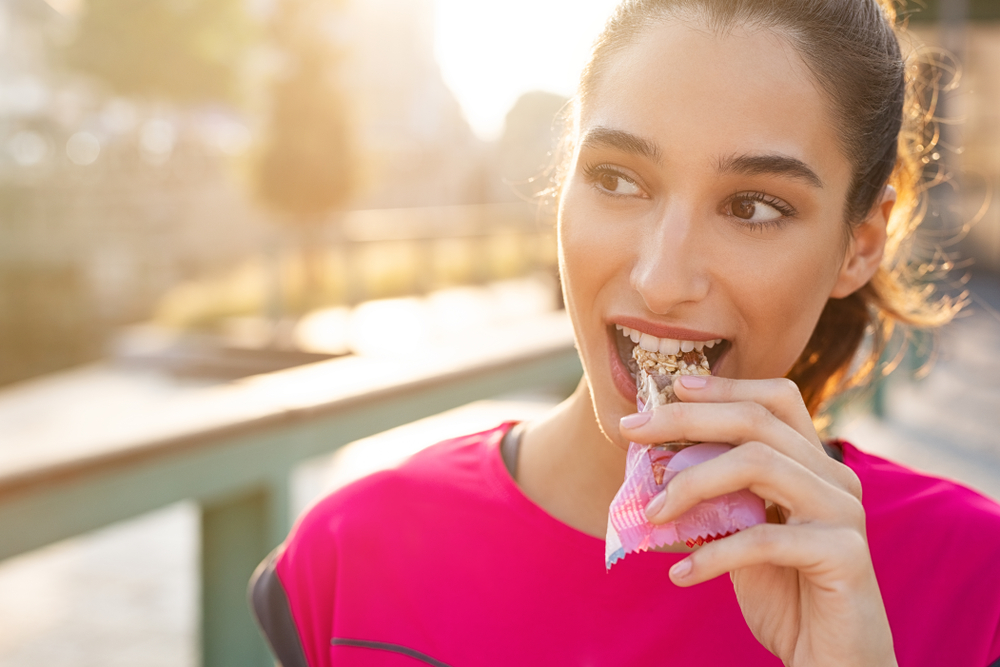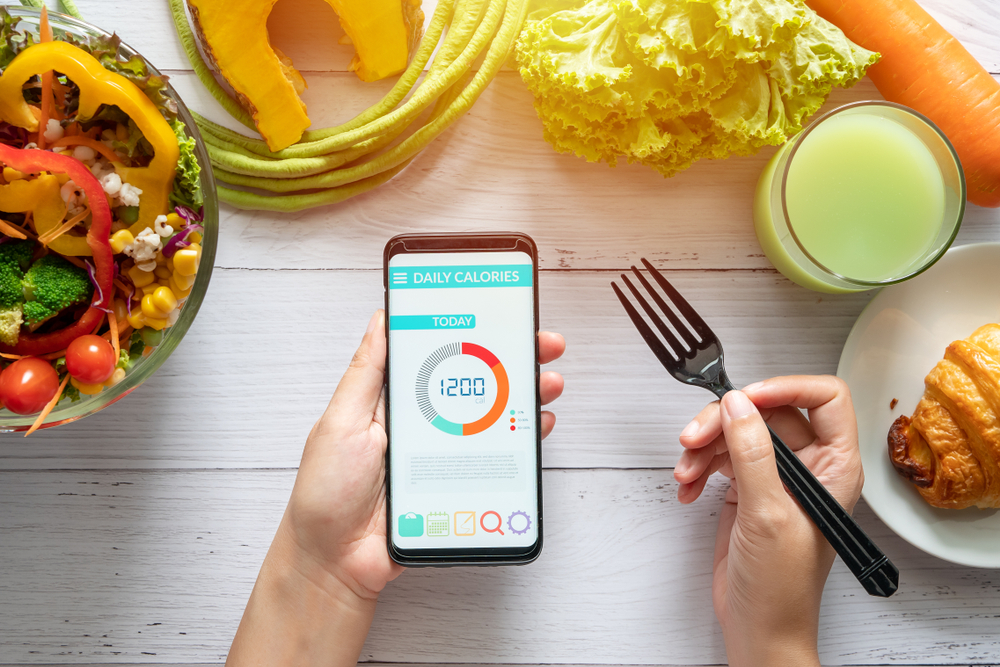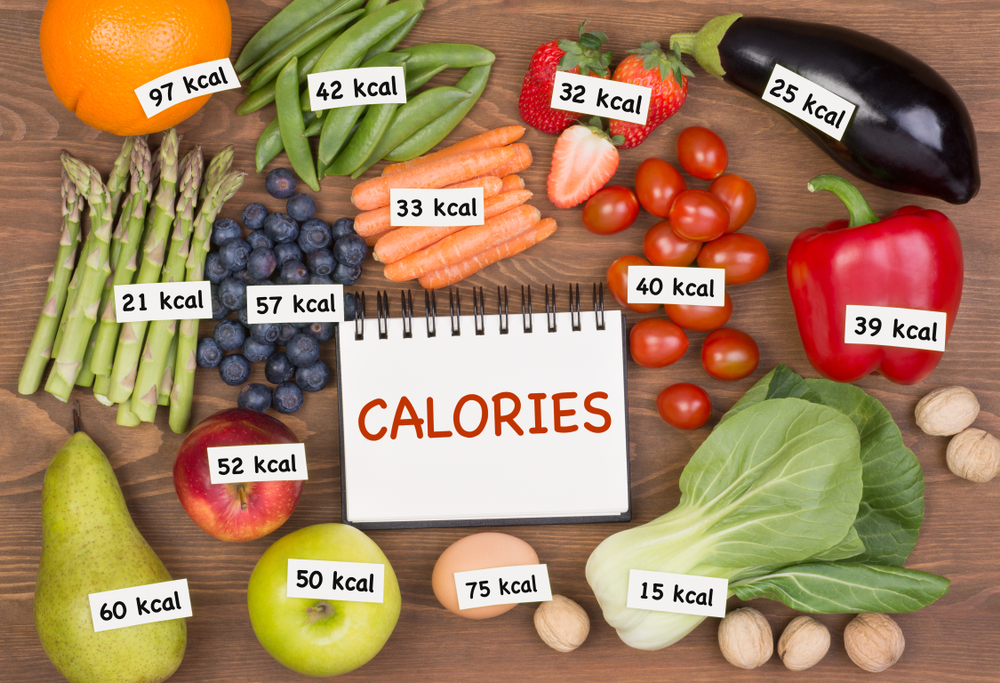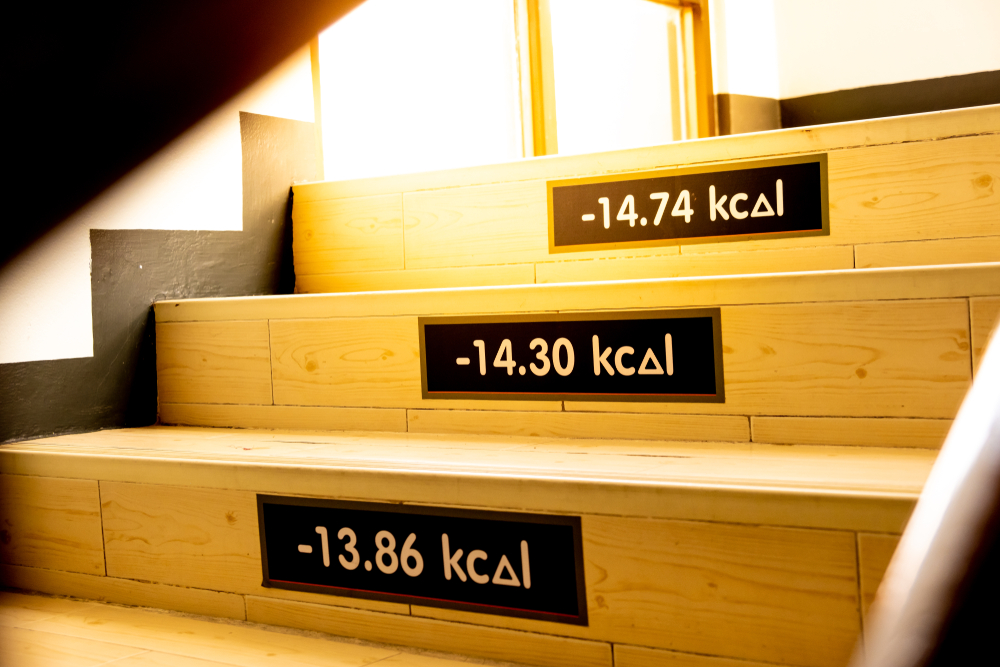In the case of dieting or basics in nutrition, most people often
talk about calories. These are very well recognised also in the world of
fitness and weight stabilisation. In reality, body weight and calories
are interdependent. Weight loss depends on the reduction of a calorie
intake. If not, the subject gains extra weight.
What are calories?
According to popular belief, the calorie is a unit for measuring energy.
The body needs energy to function and it is this energy that is actually
called a calorie. In other words, calories are an energy engine.
In the field of health, professionals often talk about kilocalories,
which are generally 100 g of a food. According to these professionals,
one calorie gives 4. 18 joules. Note that the joule is used to measure
energy values.
What are calories used for?
Given the above information, the calorie is one of the most essential
needs of the body and is linked to diet. It is the basis of the body’s
functioning throughout the day. Calorie expenditure is linked to a
person’s daily physical activity and its consumption is also done by
eating.
At present, people who are interested in dieting and wellness generally
tend to reduce their calorie consumption thinking that the calorie is
only there to put on pounds. And yet, a calorie is far more beneficial
than that.
All foods contain calories which will also be our energy. During the
performance of daily activities like simply moving, there will be a loss
of calories. This will result in a lack of energy. However, the body
always requires energy whether it is day or night. The brain, heart and
lungs need more energy to function properly.
Calories provide the body with sufficient energy. If the body has enough
calories, it will function properly and efficiently. This is why it is
recommended to eat correctly in relation to what the body needs. With
less energy, the body will be in an undernourished state. This means
that it will not be able to make more effort, which is then dangerous
for your health.
What foods make up the calories?
For more information,foods and drinks contain calories. Energy
intake is found in foods containing:
- Glucid or sugar
Only each nutrient has its own energy intake. Carbohydrate and sugar
contain more energy, but with a short action. These calorific
contributions are easily assimilated by the body and remain there in
case there is no expenditure.
For example, a sweetened soft drink provides 140 kilocalories compared
to an apple. The latter is thus slowly assimilated compared to the soda.
Foods that are high in energy or calorie intake are sugars, alcohol and
bad fats. The latter have a huge caloric intake.
Discovering energy intake needs
Before taking in more calories, it is important to know that calorie
requirements depend on 2 parameters: gender and age. A woman should have
a daily calorie intake of 1800 kilocalories while a man needs 2000
kilocalories.
So to estimate the daily calorie requirement of a person, it is
necessary to calculate the basal metabolic rate. Again, it is
essential to have a high calorie intake because of the daily activity.
In general, the body itself indicates and demands it when it needs it.
Weight and calorie intake, two inseparable parameters
Note that it is only the body that knows what it needs to stay in good
condition. Weight is in balance when theenergy expenditure is
identical tointake. In another way then, if the body has a low
caloric intake, its reserves will be exhausted.
This will obviously cause weight loss. This is the principle of most
diets. On the other hand, increasing the amount of calories in the body
can lead to weight gain.
Calories, what are the advantages for sportsmen and women?
For sportsmen and women, it is essential to know that calories bring
several advantages. Each type of food containing calories has its own
positive effect on the body.
-
The persimmon provides essential elements i. e. trace elements for
runners, specifically the 100g potassium contained in the persimmon.
This helps to prevent cramps and muscle spasms. It is therefore a good
fruit to eat before training. -
Cassava is ideal to eat during a competition or during a long ride.
With the sodium present in this food, it thus helps to make up for
mineral losses made by sweating. It provides sufficient energy when
mixed with milk. -
Millet, a family of pseudo-cereals, plays a large role in bone
regeneration. It contains phosphorus, calcium and magnesium. These
three elements are essential for bone regeneration. In addition, it is
more affordable compared to other types of cereals. -
Pigeon peas are a great food to eat before exercise. With the vitamin
B1 it contains, it also helps to convert carbohydrates into energy. To
prevent digestive problems, it is necessary to eat it in the form of
puree and porridge. -
Mackerel is a type of fish rich in protein and fat. It has been found
in scientific studies that it promotes oxygenation of the muscles. It
contains an anti-stress and sleep-inducing trace element. -
Parmesan regenerates minerals lost during sports exercises. It is rich
in protein and helps to calm hunger quickly. And it’s actually a
cheese with more calcium and ideal for athletes.

